Shuochen Bi
The Role of AI in Financial Forecasting: ChatGPT's Potential and Challenges
Nov 07, 2024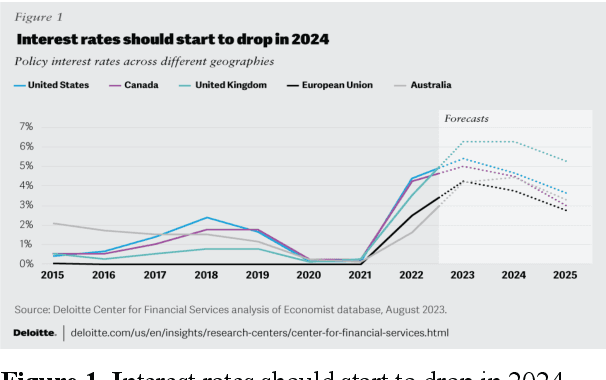
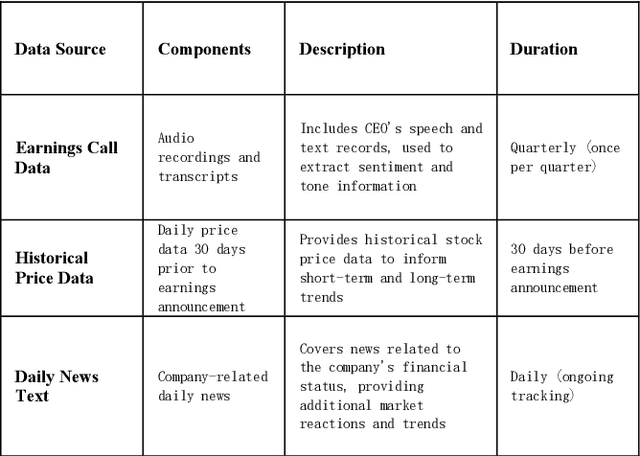

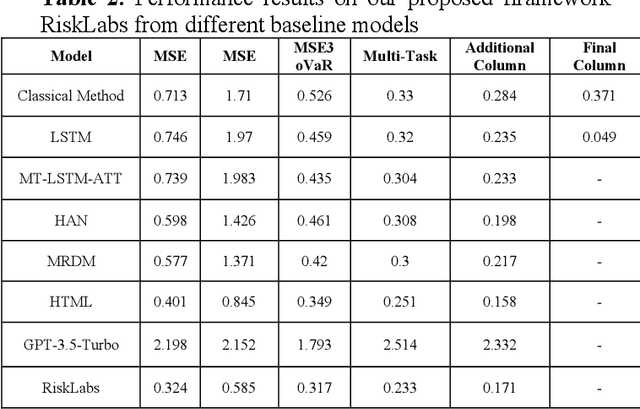
Abstract:The outlook for the future of artificial intelligence (AI) in the financial sector, especially in financial forecasting, the challenges and implications. The dynamics of AI technology, including deep learning, reinforcement learning, and integration with blockchAIn and the Internet of Things, also highlight the continued improvement in data processing capabilities. Explore how AI is reshaping financial services with precisely tAIlored services that can more precisely meet the diverse needs of individual investors. The integration of AI challenges regulatory and ethical issues in the financial sector, as well as the implications for data privacy protection. Analyze the limitations of current AI technology in financial forecasting and its potential impact on the future financial industry landscape, including changes in the job market, the emergence of new financial institutions, and user interface innovations. Emphasizing the importance of increasing investor understanding and awareness of AI and looking ahead to future trends in AI tools for user experience to drive wider adoption of AI in financial decision making. The huge potential, challenges, and future directions of AI in the financial sector highlight the critical role of AI technology in driving transformation and innovation in the financial sector
Research and Design of a Financial Intelligent Risk Control Platform Based on Big Data Analysis and Deep Machine Learning
Sep 16, 2024Abstract:In the financial field of the United States, the application of big data technology has become one of the important means for financial institutions to enhance competitiveness and reduce risks. The core objective of this article is to explore how to fully utilize big data technology to achieve complete integration of internal and external data of financial institutions, and create an efficient and reliable platform for big data collection, storage, and analysis. With the continuous expansion and innovation of financial business, traditional risk management models are no longer able to meet the increasingly complex market demands. This article adopts big data mining and real-time streaming data processing technology to monitor, analyze, and alert various business data. Through statistical analysis of historical data and precise mining of customer transaction behavior and relationships, potential risks can be more accurately identified and timely responses can be made. This article designs and implements a financial big data intelligent risk control platform. This platform not only achieves effective integration, storage, and analysis of internal and external data of financial institutions, but also intelligently displays customer characteristics and their related relationships, as well as intelligent supervision of various risk information
Innovative Application of Artificial Intelligence Technology in Bank Credit Risk Management
Apr 28, 2024
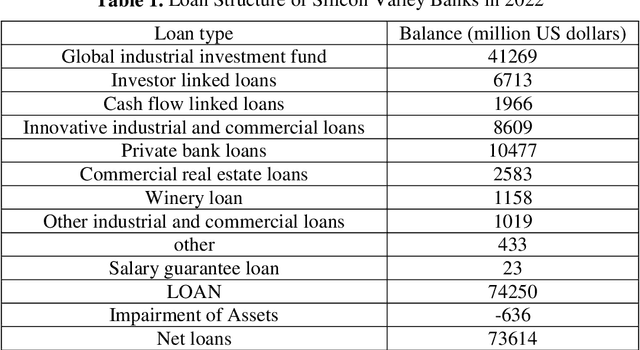
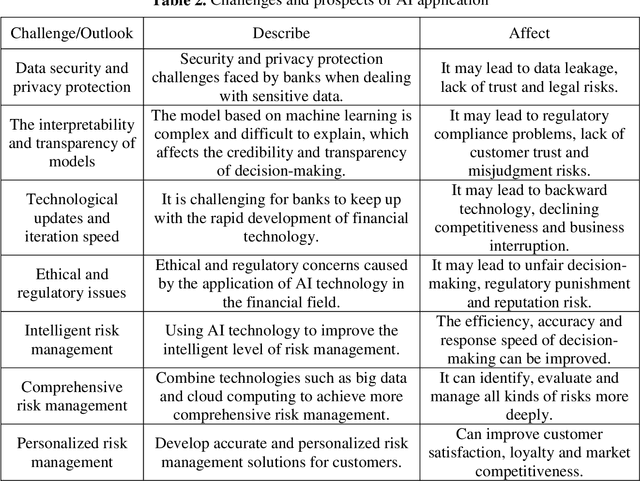
Abstract:With the rapid growth of technology, especially the widespread application of artificial intelligence (AI) technology, the risk management level of commercial banks is constantly reaching new heights. In the current wave of digitalization, AI has become a key driving force for the strategic transformation of financial institutions, especially the banking industry. For commercial banks, the stability and safety of asset quality are crucial, which directly relates to the long-term stable growth of the bank. Among them, credit risk management is particularly core because it involves the flow of a large amount of funds and the accuracy of credit decisions. Therefore, establishing a scientific and effective credit risk decision-making mechanism is of great strategic significance for commercial banks. In this context, the innovative application of AI technology has brought revolutionary changes to bank credit risk management. Through deep learning and big data analysis, AI can accurately evaluate the credit status of borrowers, timely identify potential risks, and provide banks with more accurate and comprehensive credit decision support. At the same time, AI can also achieve realtime monitoring and early warning, helping banks intervene before risks occur and reduce losses.
* 6 pages, 1 figure, 2 tables
 Add to Chrome
Add to Chrome Add to Firefox
Add to Firefox Add to Edge
Add to Edge